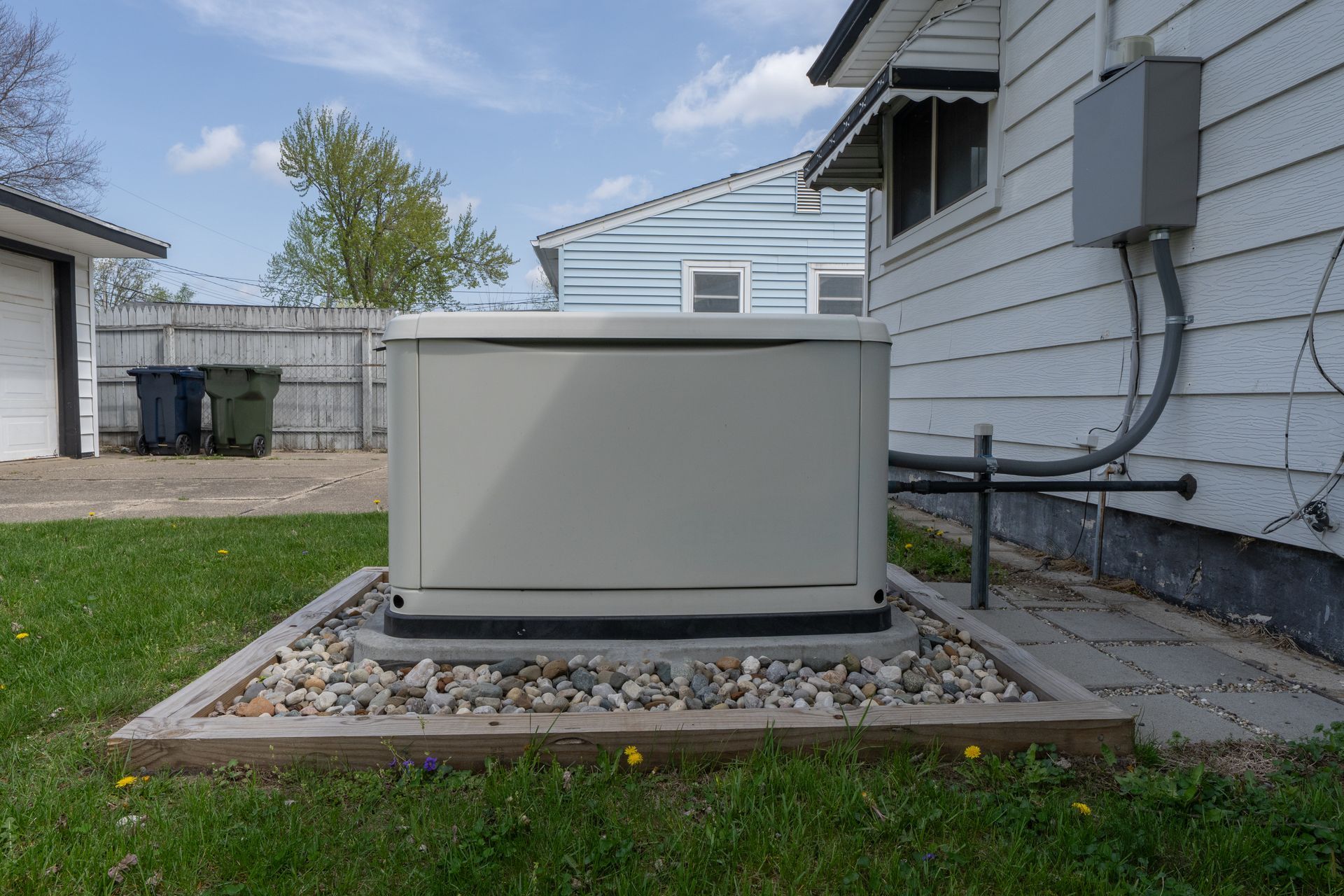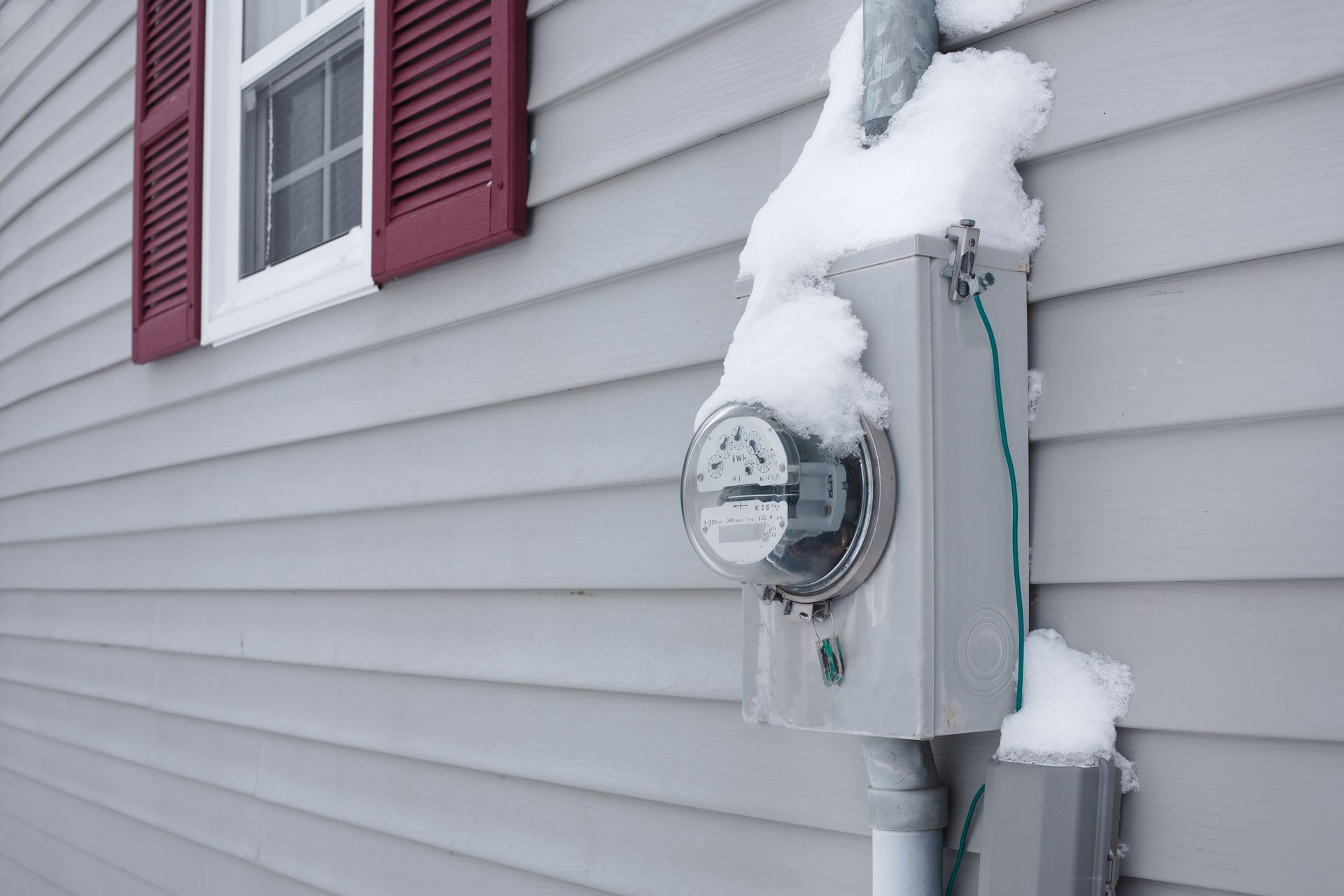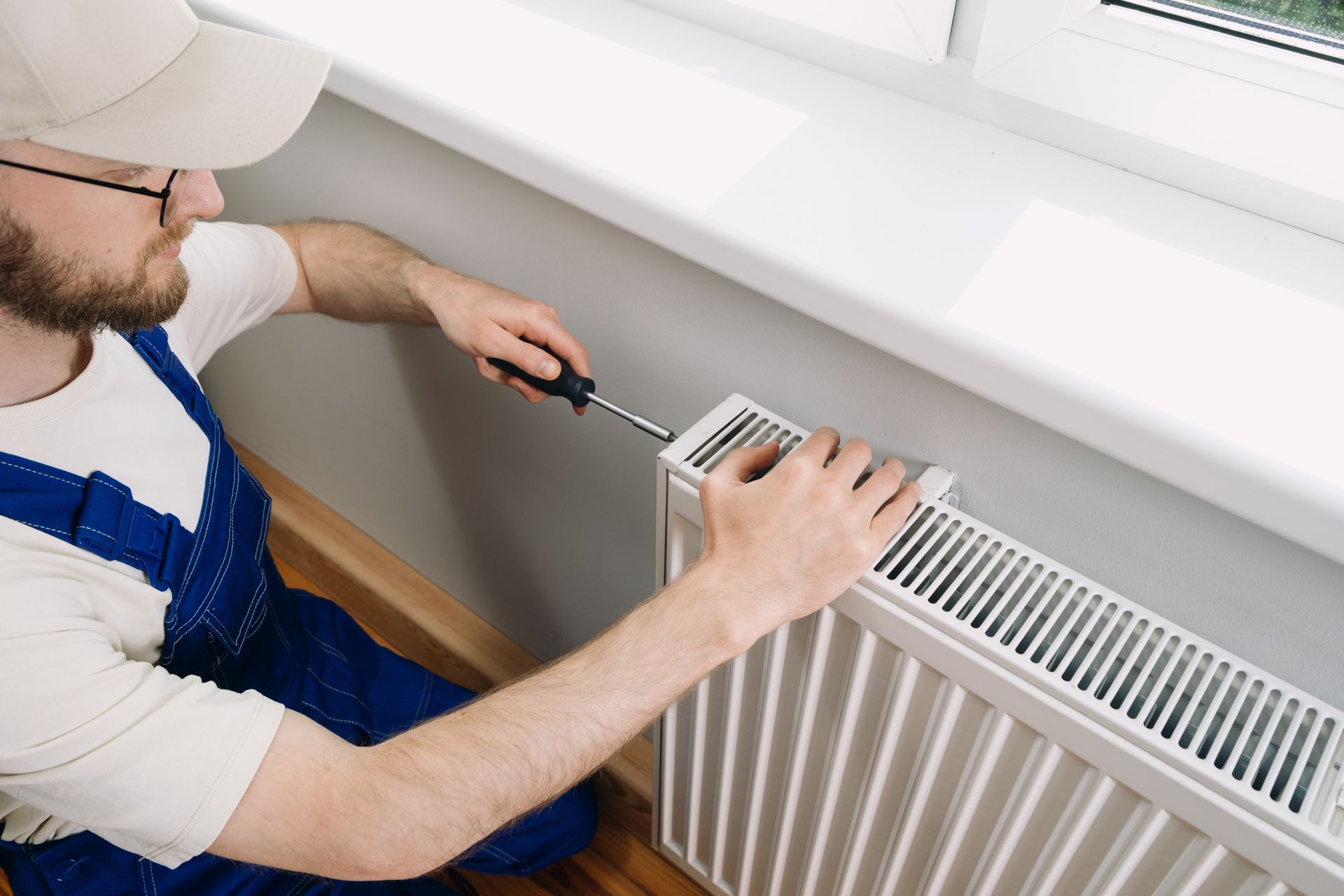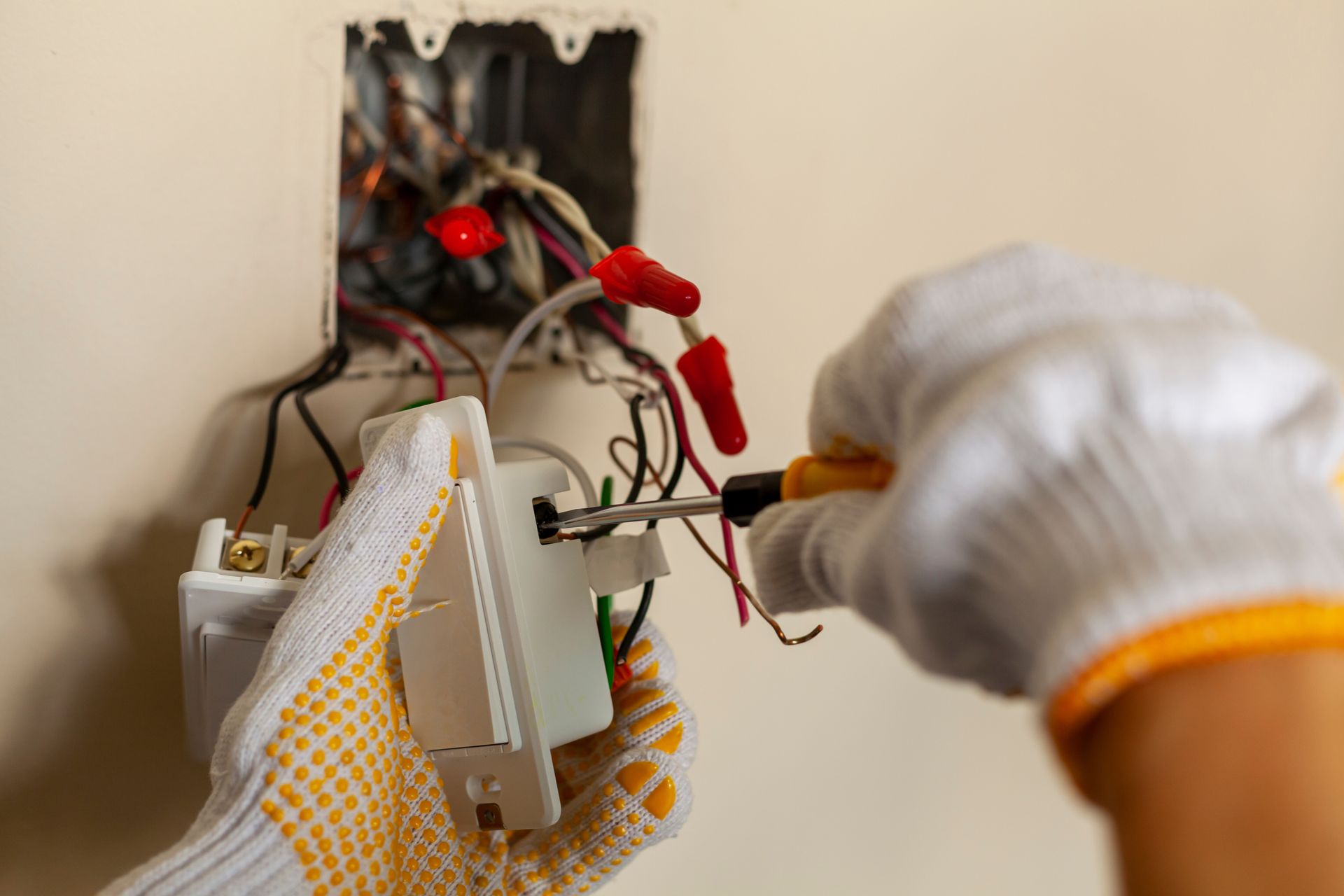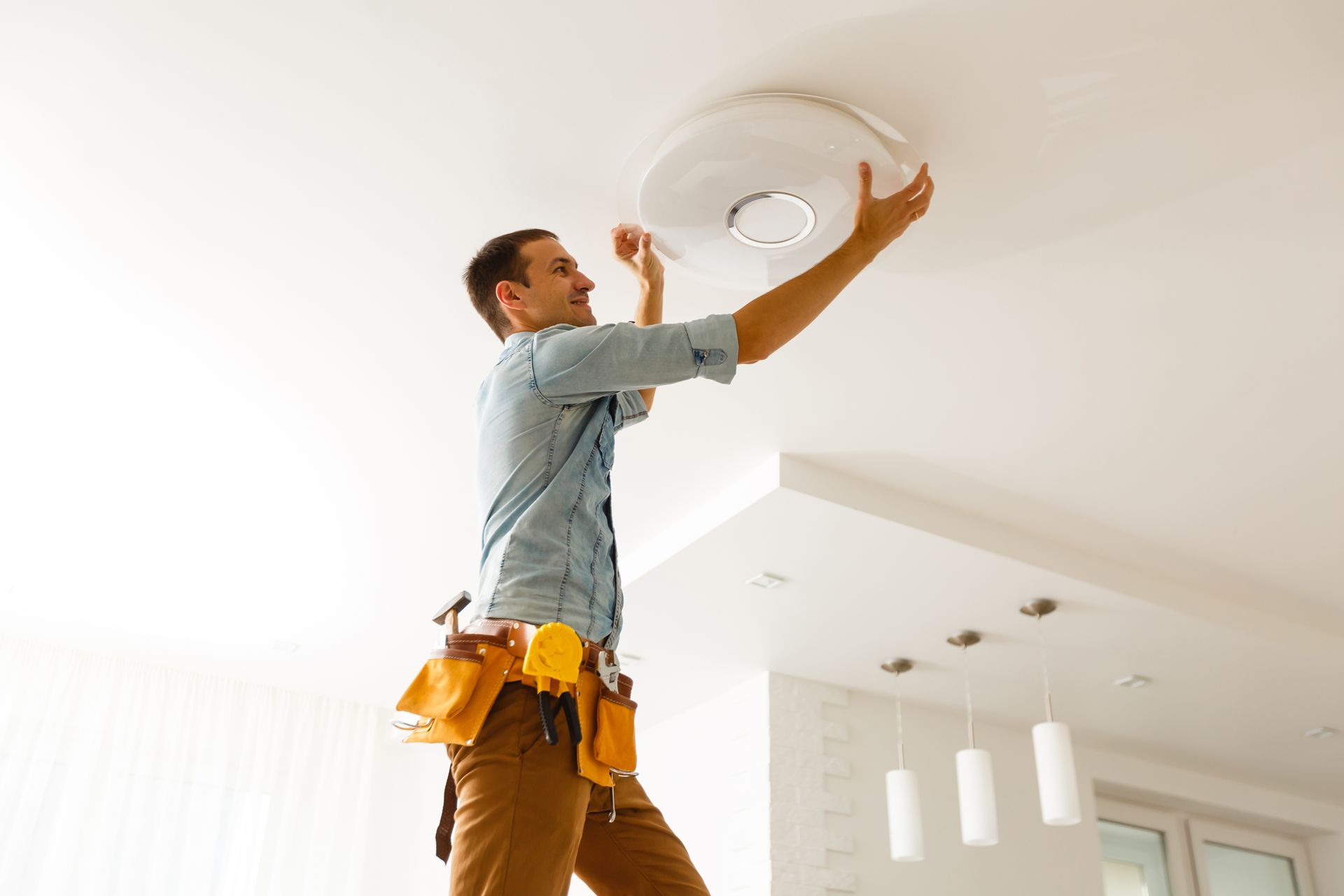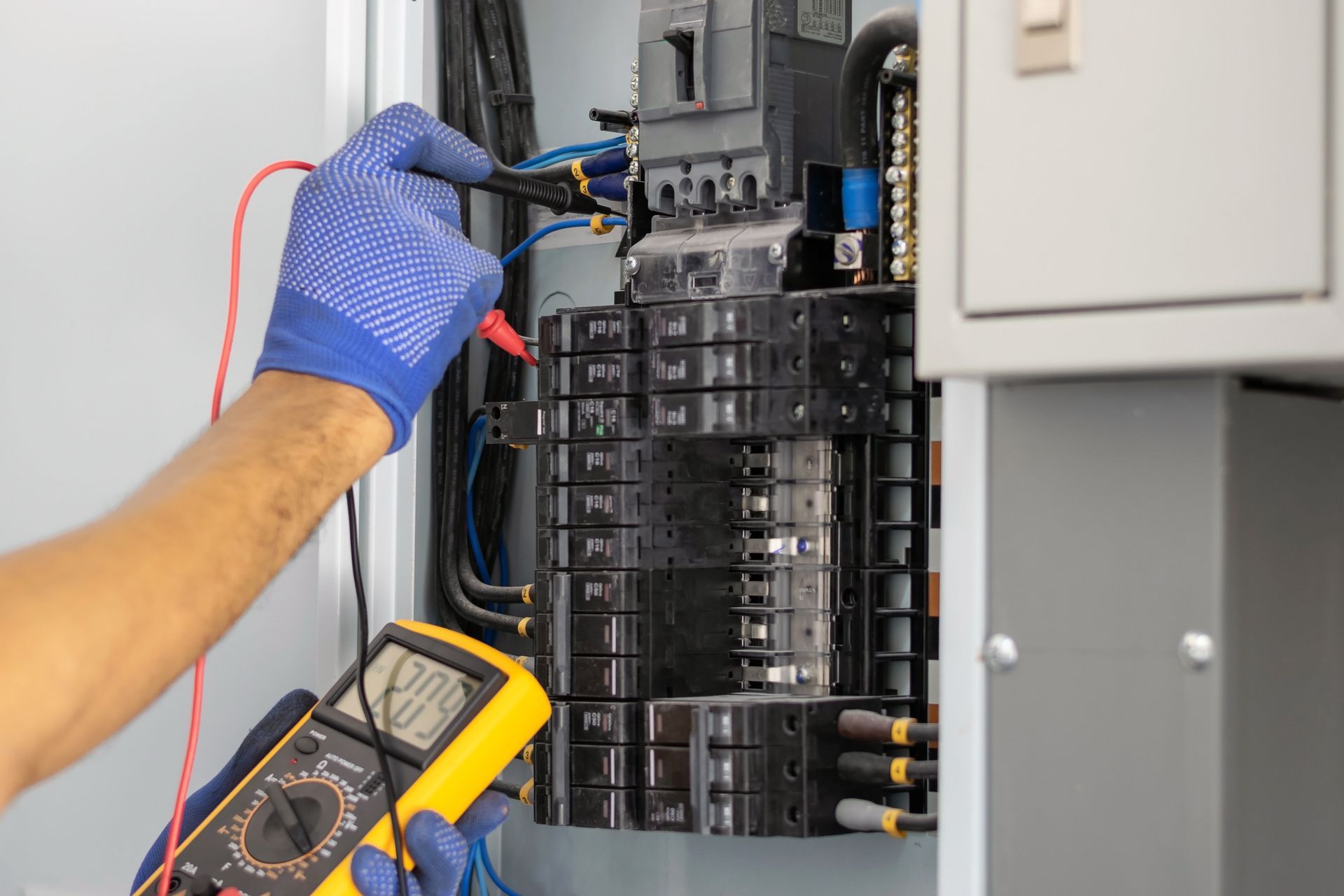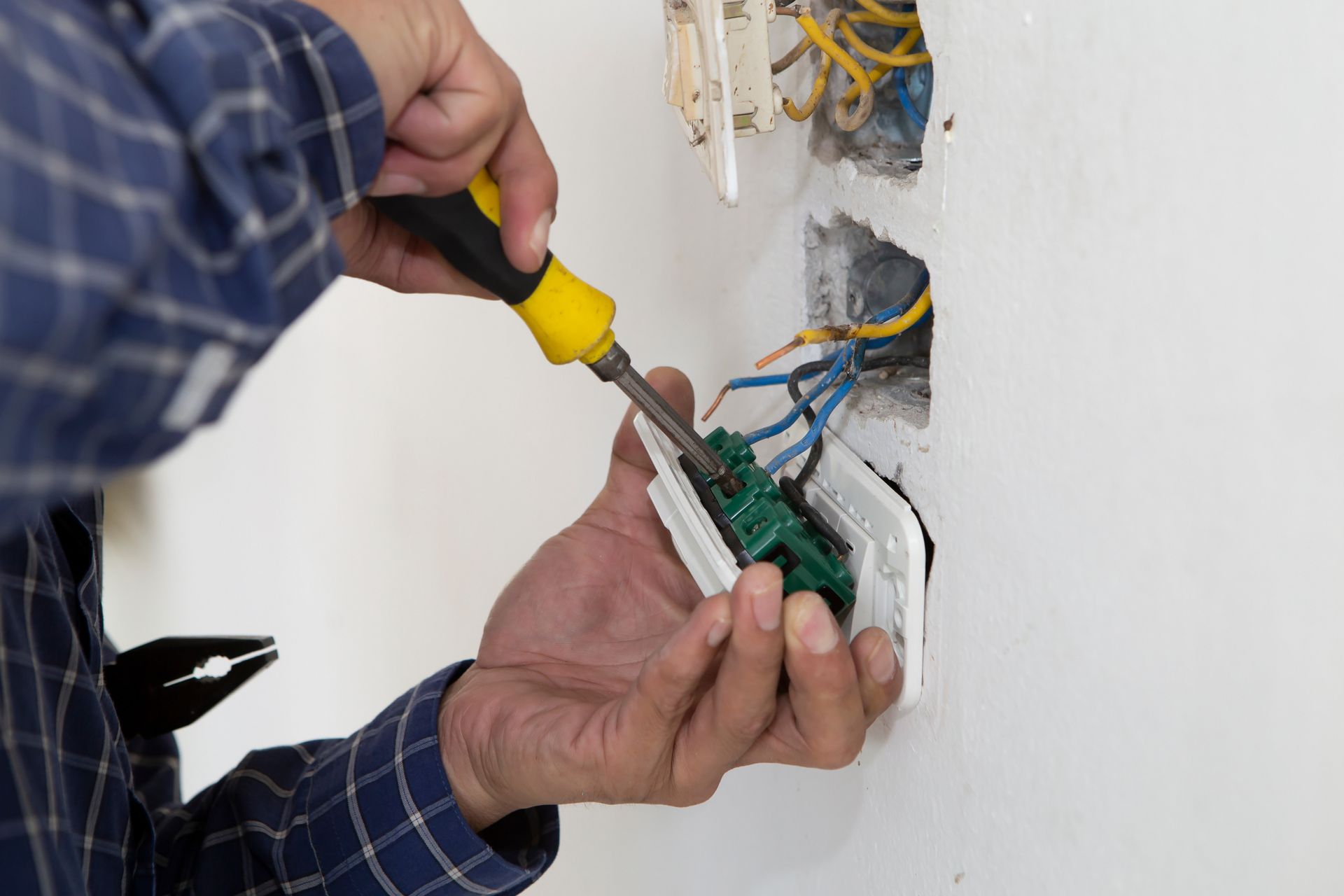What Happens When You Use a Higher Wattage Bulb
It's a well-known fact that using a higher wattage bulb will emit more light. However, what many people don't know is that it also emits more heat. This can be problematic, as leaving a high wattage bulb on for long periods of time can damage or even burn whatever surface it is sitting on. So remember to turn off your lights before you leave the room!
Dangers of Using a Higher Wattage Bulb
Danger #1: Blinds
Excessive heat from a bulb can cause the blinds to warp, curl and melt. If your blinds are made of plastic or vinyl, they could catch fire. If your blinds are cloth or paper, they could catch fire as well.
Danger #2: Lamp Shades
A high wattage bulb can cause a lamp shade to melt. If your shade is made of plastic or vinyl, it could catch fire. If it's cloth or paper, the heat from the bulb might ignite it as well.
Danger #3: Lamp Sockets
A high wattage bulb can damage a lamp socket because of its excessive heat. That means that you may have to replace the lamp socket soon.
Danger #4: The Bulb
A high wattage bulb that is on for long periods of time can get too hot and explode.
How Can You Avoid Damaging Surfaces?
To avoid damaging your surfaces, make sure that you use bulbs with wattage within the specified range. Even while using a lower watt bulb, be aware of how long you leave it on, check frequently to see if it needs changing, and turn off before leaving the room.
Always remember that safety comes first, so be sure to use good judgment when using any electrical appliance.
What is the Recommended Wattage?
The recommended wattage varies depending on the surface, but it's best to start with 40 watts and then increase or decrease from there. To protect surfaces, you'll want to keep your light bulbs at 40 watts or less.
Please Note: Replacing a high wattage bulb with a lower wattage bulb will not generate the same amount of light. It is better to use as many bulbs as needed, rather than one extremely bright bulb.
Follow The Recommended Wattage
The wattage of a light bulb is important to consider when deciding which one to use. Too high, and you run the risk of damaging your surroundings with extreme heat or fire. Too low, and it's not as bright--thus defeating the purpose in many cases. When choosing between 40 watts versus 100 watts for example, keep in mind that 40 will be less likely to cause problems with surrounding surfaces but won't emit quite as much light either. It also depends on what type of surface you are using it near too- if there is any chance that plastic or vinyl could melt from excessive heat then even lower wattages may pose an issue so be sure to check before making your choice! Remember: safety first!
About B Town Electric
B Town Electric is a licensed electrical contractor serving Western Massachusetts. We provide electrical services to residential and commercial clients, including installation, repair, inspection, and consultation. B Town Electric's expert electricians are licensed and insured. Contact us today!
Questions? Contact our main office
Schedule a Free Quote. Submit a free quote request online
